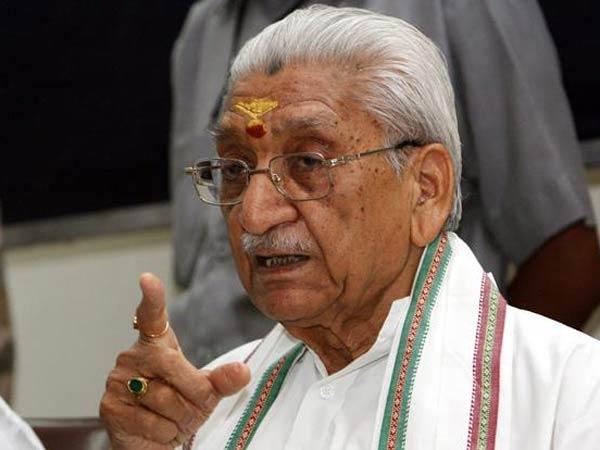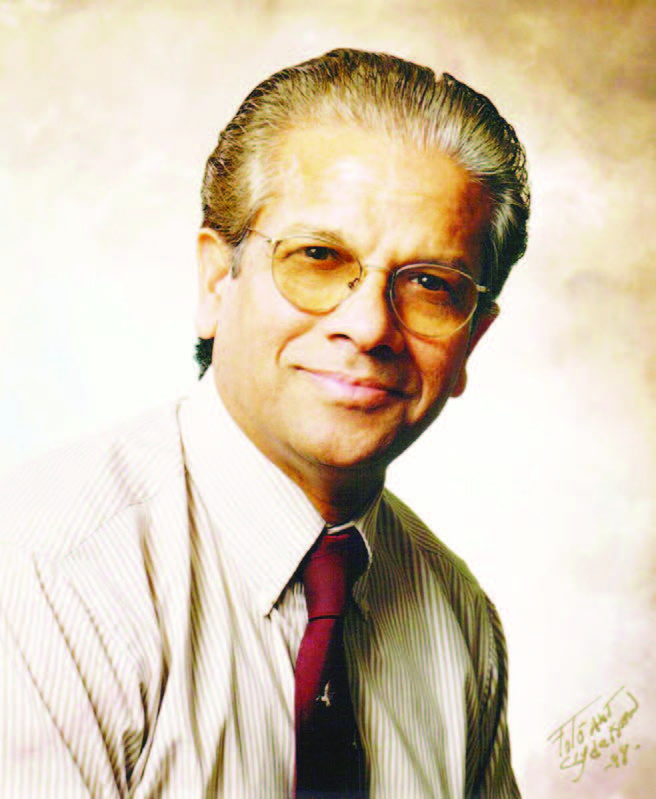
WASHINGTON, DC (TIP): Indian American social activist Safeena Husain, 43, was named one of four recipients of the 2015 Skoll Award for Entrepreneurship and accompanying $1.25 million prize.
Husain won the award after founding the organization Educate Girls, which partners with public schools, trains local champions for girl’s education, and mobilizes communities to create their own action plans to make education more accessible and accountable to girls, according to the Skoll Foundation’s website.
Since its inception in 2007, Educate Girls has grown from a 50-school pilot project into a large-scale effort reaching 1 million children in 7,500 schools, in India. Over that time the organization has placed 80,000 girls into schools, NPR disclosed.
Part of Husain’s success with her nonprofit has been convincing young members of India’s largely patriarchal society to realize the status quo must be altered.
Husain told NPR she remembers a man in his 20s, in India, who said school would encourage girls to “wear short skirts, answer back, and have love marriages.”
She consequently asked the village headmaster, “Did your daughter have a love marriage,” to which he replied, “We arranged the marriage.”
“Do you teach them short skirts in school?” Husain asked.
Of course not, he said. The girls learn to read and write.
Attitudes toward marriage and garb are shaped at home, not in school, Husain told the naysayer.
Husain’s efforts are steadily affecting progressive change – she informed the Thomson Reuters Foundation that at present, 60 percent of Educate Girls’ 4,500 India-based volunteers are boys.
“Having these boys as champions for the girls is absolutely at the core of what we’re trying to achieve,” Husain commented during the Skoll Award gala.
Husain was raised in Delhi, where she was abused by her stepfather. “I just survived moment by moment,” she told NPR.
She eventually moved in with her actual father, but the experience of living in the shadow of such a cruel man still haunted her. To escape her demons, instead of going to college,
Husain retreated to an ashram, living on the banks of the Ganges and reading scriptures.
The ashram “helped put me together,” she recalled. Afterward, she went on to study in England, and the economics degree she garnered at the London School of Economics got her a job 1995 working for a startup that hoped to develop a 3D internet browser. But after nine months in the heart of Silicon Valley, Hussain knew she “wanted to do something more fulfilling.”
From 1997 to 2004, she was the Executive Director for Child Family Health International in San Francisco. She was also Board Chair of the International Development Exchange in San Francisco, a non-profit organization that promotes sustainable solutions to counter poverty in Africa, Asia and Latin America.
She subsequently looked for social service organizations with the word “international” in their name since international development work was what she wanted to do, and got offered a job with Child Family Health International.
Once she started traveling for her new vocation and returned to her homeland on a work-related trip in 2000 and saw the marginalization of young girls firsthand once again, she knew she had to do something about it, and in 2007, she returned to India and started Educate Girls, for which she currently serves as chief executive.
“Not one girl has said to me I don’t want education, I want to sit at home and look after the cattle,” Husain told Reuters. “Every single girl I meet wants to go to school – and that for me is my biggest, biggest source of hope.”





Be the first to comment